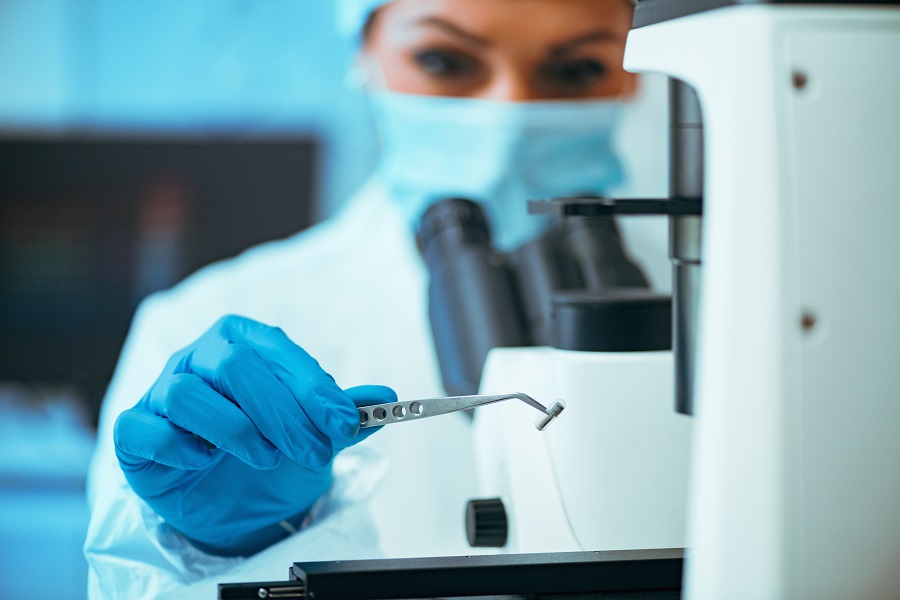Neuralink Corporation, a neurotechnology company headquartered in California, USA, specialized in the development of implantable brain-computer interfaces and co-founded in 2016 by Elon Musk. With substantial funding amounting to $158 million, Neuralink has made visible progress in its healthcare advancement mission.
A brain-computer interface (BCI), referred to as a brain-machine interface (BMI) or smart-brain, establishes a direct channel for communication between the electrical signals produced by the brain and an external device, commonly a computer or robotic limb.
The primary objective of BCIs is to facilitate assistance, or regeneration of human cognitive or sensory-motor functions. These implants have the potential to unlock ground-breaking advancements in various fields, including neuroscience, medicine, and assistive technology, ultimately enhancing human capabilities.

The neurotechnology company announced today on their Twitter page, the FDA’s approval for first-in-human clinical study for implantable brain-computers. The Food and Drug Administration (FDA) formed in 1906 (116 years ago), a federal agency operating under the umbrella of the Department of Health and Human Services in the USA, assumes a critical role in safeguarding and advancing public health.
Neuralink also emphasized in the announcement that the recruitment process for the clinical trial has not yet begun, but the company intends to provide timely updates as soon as possible.



